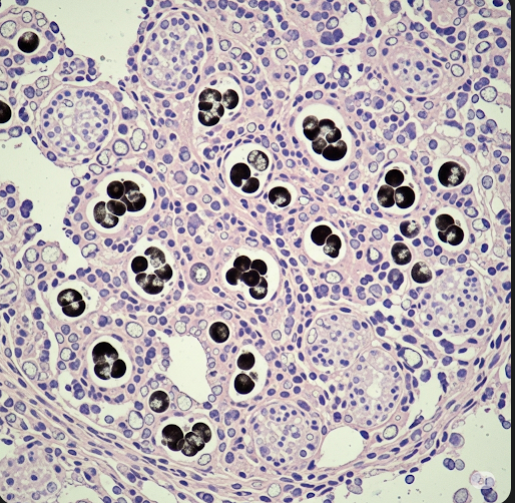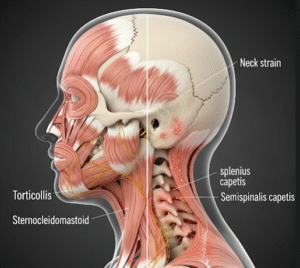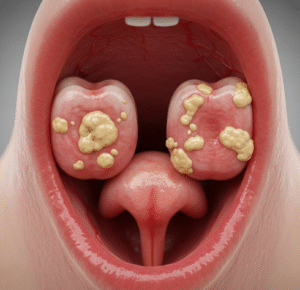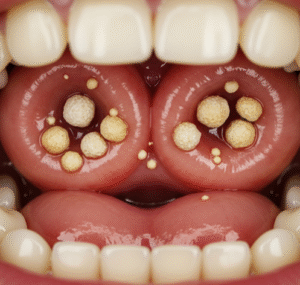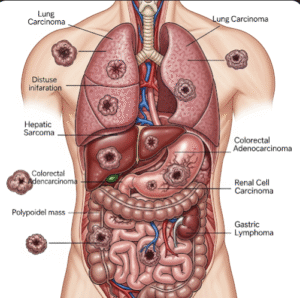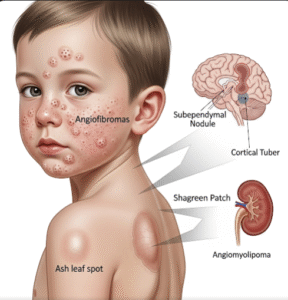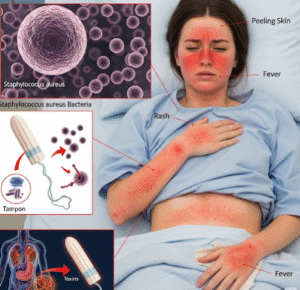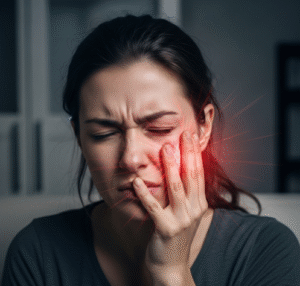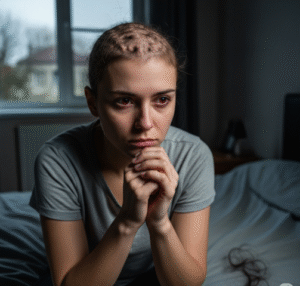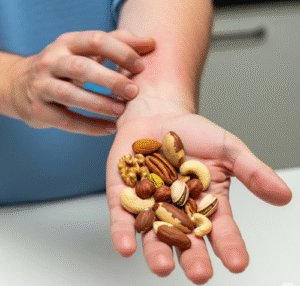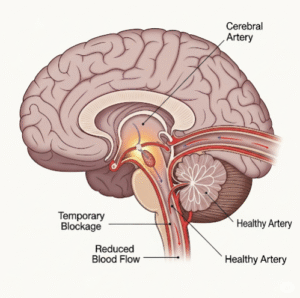Overview
Pneumocystis pneumonia (PCP) is a serious fungal infection of the lungs caused by Pneumocystis jirovecii. It primarily affects people with weakened immune systems, such as those with HIV/AIDS, organ transplants, cancer, or those on immunosuppressive therapy. PCP was once a leading cause of death among people living with AIDS, but with early diagnosis and prophylaxis, it is now preventable and treatable. However, it remains a medical emergency if not promptly managed.
What is Pneumocystis Pneumonia (PCP)?
PCP is a fungal pneumonia that causes inflammation and fluid buildup in the lungs, leading to impaired oxygen exchange. The causative organism, Pneumocystis jirovecii (formerly known as Pneumocystis carinii), is a yeast-like fungus that is present in the environment and can live harmlessly in the lungs of healthy individuals.
In immunocompromised individuals, the organism multiplies unchecked, causing life-threatening lung infections. PCP is classified as an opportunistic infection and is often used as a diagnostic marker for AIDS if it occurs in untreated HIV patients.
Symptoms
PCP usually develops gradually over days to weeks. Common symptoms include:
- Progressive shortness of breath (especially with exertion)
- Dry, nonproductive cough
- Fever and chills
- Fatigue and weakness
- Chest discomfort or tightness
- Weight loss or poor appetite (in advanced cases)
- Low oxygen levels, even at rest
- Cyanosis (bluish lips or fingertips in severe cases)
Symptoms may be more subtle in early stages, especially in people with slowly progressing immune suppression.
Causes
PCP is caused by inhalation of Pneumocystis jirovecii spores, which are present in the air. In people with normal immune function, the body clears the infection or keeps it dormant. In contrast, in immunocompromised individuals, the fungus causes unchecked infection and inflammation in the alveoli (air sacs of the lungs).
Common underlying causes include:
- Advanced HIV/AIDS (CD4 count < 200 cells/μL)
- Organ transplantation
- Cancer treatments (chemotherapy, radiation)
- Corticosteroid use
- Autoimmune diseases treated with immunosuppressants (e.g., lupus, rheumatoid arthritis)
- Bone marrow or stem cell transplants
Risk Factors
You are at higher risk for PCP if you have:
- HIV/AIDS and are not on antiretroviral therapy (ART)
- Low CD4 count (< 200 cells/μL)
- Recent organ or stem cell transplant
- Prolonged high-dose corticosteroid therapy
- Active cancer or chemotherapy
- Use of TNF-alpha inhibitors or biologics
- Chronic lung diseases combined with immunosuppression
Complications
If not treated early, PCP can cause severe and even fatal complications, including:
- Respiratory failure
- Acute respiratory distress syndrome (ARDS)
- Pneumothorax (collapsed lung due to alveolar rupture)
- Chronic pulmonary fibrosis (lung scarring)
- Disseminated infection in extreme cases
- Death, particularly in severely immunocompromised individuals or delayed diagnosis
Prevention
PCP is preventable with prophylactic medications in high-risk individuals. Prevention strategies include:
- Antiretroviral therapy (ART): Maintains immune function in HIV/AIDS
- PCP prophylaxis using:
- Trimethoprim-sulfamethoxazole (TMP-SMX) – first-line
- Dapsone, atovaquone, or aerosolized pentamidine for those with allergies
- Monitoring CD4 counts and initiating prophylaxis if <200 cells/μL
- Vaccination and general infection control in immunosuppressed patients
- Limiting exposure to environments with high risk of airborne fungal spores (e.g., hospital settings or contaminated areas)
Treatment Options in Korea
South Korea offers high-level infectious disease care and pulmonary support, making it a suitable destination for both acute and chronic management of PCP.
1. Medical Treatment
- First-line therapy:
- Trimethoprim-sulfamethoxazole (TMP-SMX) orally or intravenously for 21 days
- Adjunctive corticosteroids:
- Used in moderate to severe cases with low oxygen levels to reduce inflammation
- Alternative treatments (for sulfa-allergic patients):
- Pentamidine (IV)
- Atovaquone (oral)
- Clindamycin + Primaquine
2. Supportive Care
- Oxygen therapy or ventilator support in severe cases
- IV fluids and electrolyte monitoring
- Nutritional support for those with weight loss or cachexia
- Monitoring for side effects of medications (especially liver and kidney function)
3. Diagnostic Services
- High-resolution chest CT or chest X-ray showing “ground-glass” opacities
- Bronchoscopy with lavage to collect lung fluid for direct testing
- PCR testing, beta-D-glucan assays, or immunofluorescence staining for definitive diagnosis
- HIV testing in newly diagnosed PCP cases
4. Specialized Care in Korea
Top hospitals such as Seoul National University Hospital, Asan Medical Center, Samsung Medical Center, and Severance Hospital offer:
- Infectious disease specialists with expertise in opportunistic infections
- State-of-the-art ICUs for patients in respiratory distress
- Pulmonary and HIV clinics for ongoing management
- English-speaking staff and international patient services

